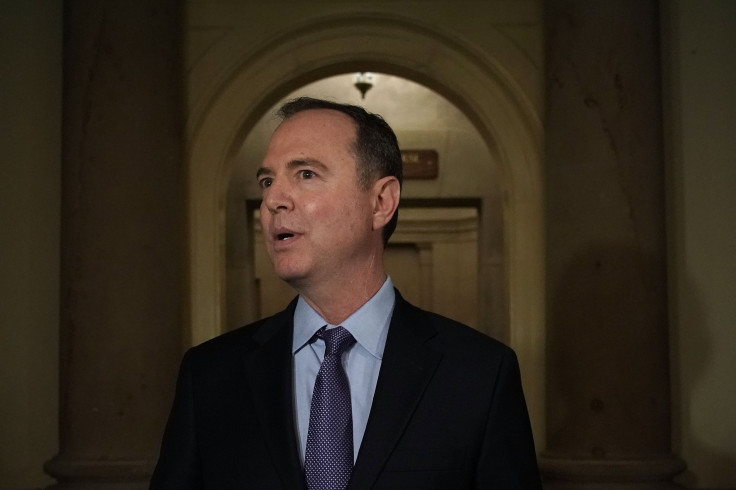Reps. Schiff, Jordan Say Special Prosecutor Mueller Should Testify Before Congress

Congressional leaders on both sides of the aisle are now calling for Special Prosecutor Robert Mueller to testify before Congress but for starkly different reasons.
Mueller, reading from a prepared statement last Wednesday during a televised press conference at the Department of Justice, said he found multiple, systematic efforts to interfere in the 2016 presidential election by Russian operatives. He added, however, there was insufficient evidence to allege a conspiracy involving the Trump campaign, but he also declined to exonerate the president with regard to possible obstruction of his investigation.
Comey told Congress that after 10 months of investigating (July 2016 to May 2017,) the FBI had no evidence of collusion.
— Rep. Jim Jordan (@Jim_Jordan) June 2, 2019
The question the country has for Bob Mueller: When did he learn that there was no collusion? And once he learned it, why didn't he tell the American people? pic.twitter.com/Y5qtePsxbw
Reps. Adam Schiff, D-Calif., and Jim Jordan, R-Ohio, agree Mueller should testify before Congress, but disagree on the line of questioning to be pursued. Mueller said last week he is reluctant to publicly testify, and he hoped his statement and the 448-page report he submitted to conclude his investigation would suffice to answer questions from a congressional inquiry.
Speaking on “This Week” Sunday, House Intelligence Chair Schiff said Democrats are “going to do what’s right for the country,” adding neither he or Speaker of the House Nancy Pelosi, D-Calif., believed an impeachment proceeding was appropriate at this time since it is “destined for a failure in the Senate.” He added, “That calculus may change if the president continues to demonstrate his unfitness for office.”
He said Mueller has one more duty left.
Jordan, the ranking member of the House Oversight Committee, also appearing on the program hosted by George Stephanoplous, said his main question to Mueller would be why it took 22 months for the investigation to conclude.
Robert Mueller has one last service to perform, and that is to answer questions for the Congress and American people.
— Adam Schiff (@RepAdamSchiff) June 2, 2019
There are any number of questions that we have every right, and the American people have every need, to have answered about his investigation and what he found. pic.twitter.com/HyonnrQLwW
“I got questions for him,” Jordan said. “When did [Mueller] first learn there was no collusion? The central charge of the investigation. The central task was to find collusion.”
When asked by Stephanoplous if he was concerned the president may have obstructed justice, a second area of investigation taken up in the two-part Mueller report, Jordan said, “Look, Bob Mueller had 22 months, $30 million, 19 lawyers, 40 FBI agents, 500 witnesses, 2,800 subpoenas. If he could have accomplished obstruction, he would have done it. He couldn’t do it, that wasn’t his finding.”
Mueller said last week the Constitution requires a process other than the criminal justice system to hold a president accountable, laying next steps squarely before Congress, and adding he entered the investigation knowing a longstanding DOJ policy impeded the prosecution of a sitting president. As a result, he did not make recommendations on next steps but confirmed he was unable to exonerate the president of all wrongdoing.
“If we had had confidence that the president clearly did not commit a crime, we would have said so,” Mueller said. “We did not, however, make a determination as to whether the president did commit a crime.”
© Copyright IBTimes 2025. All rights reserved.





















